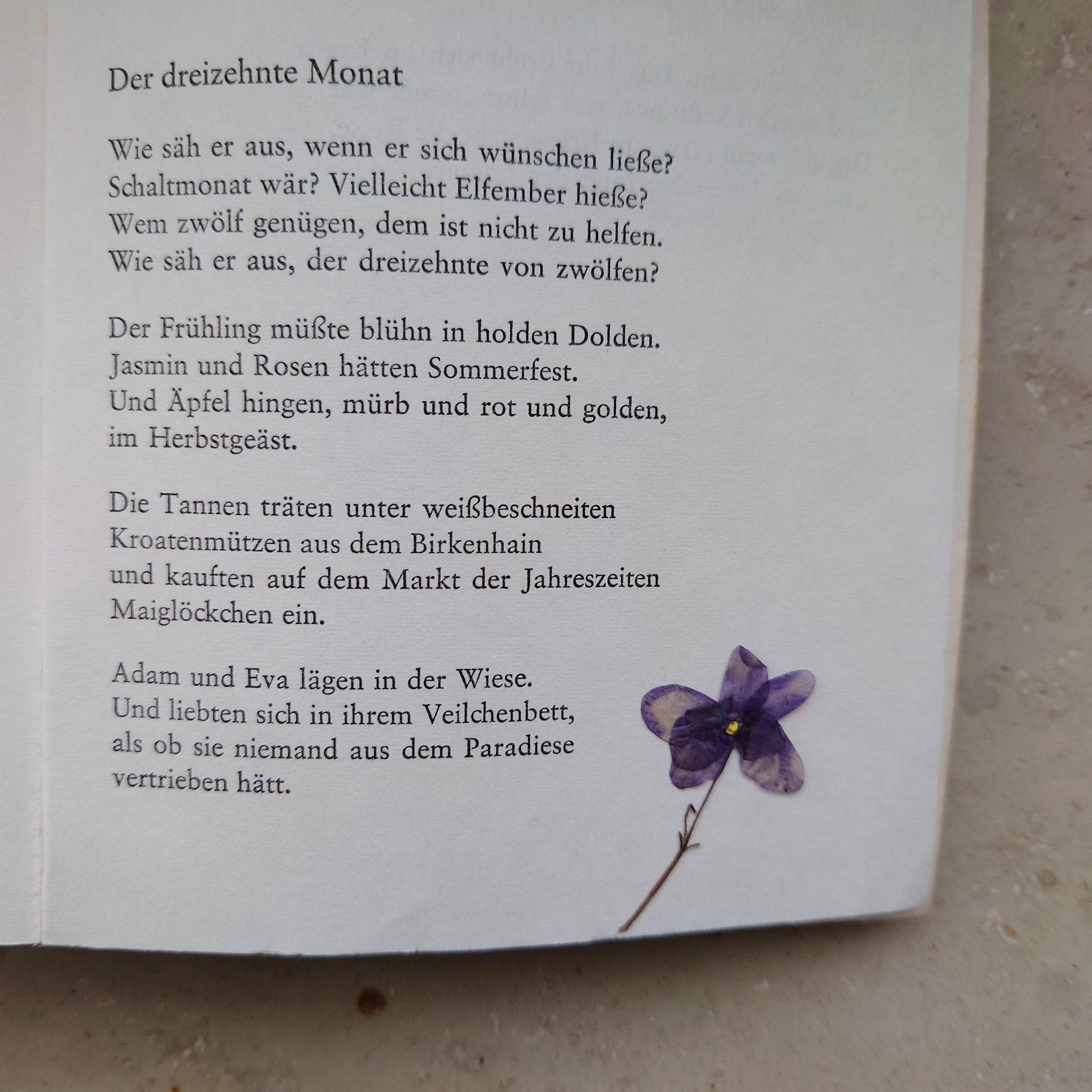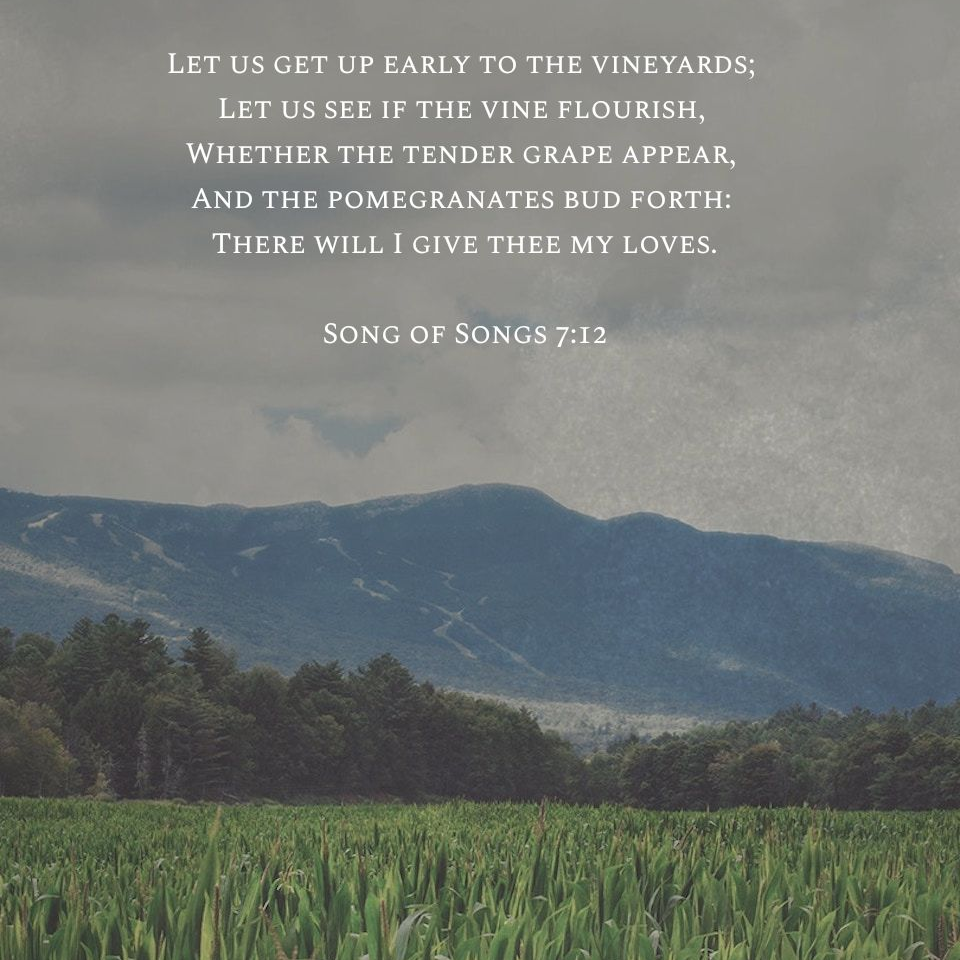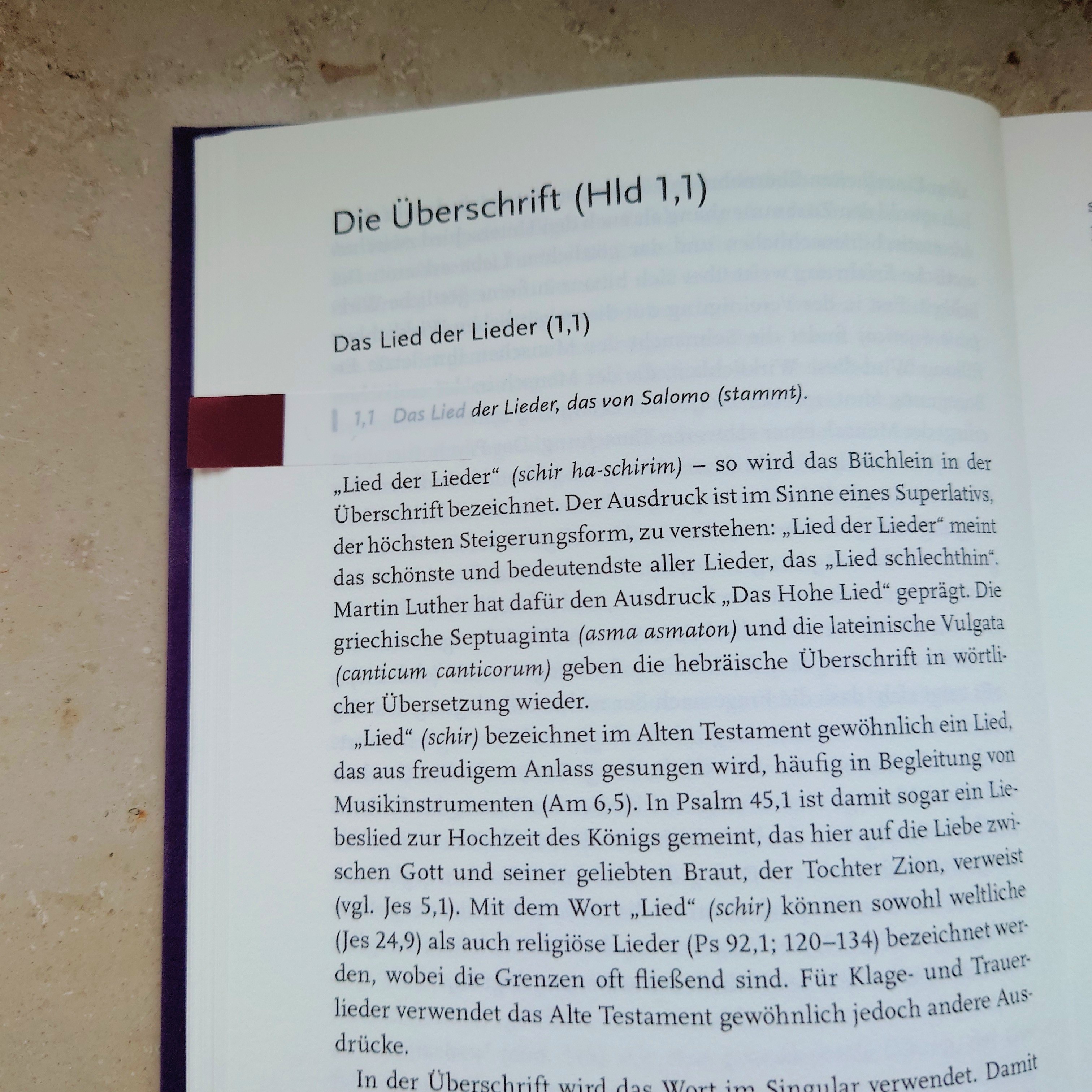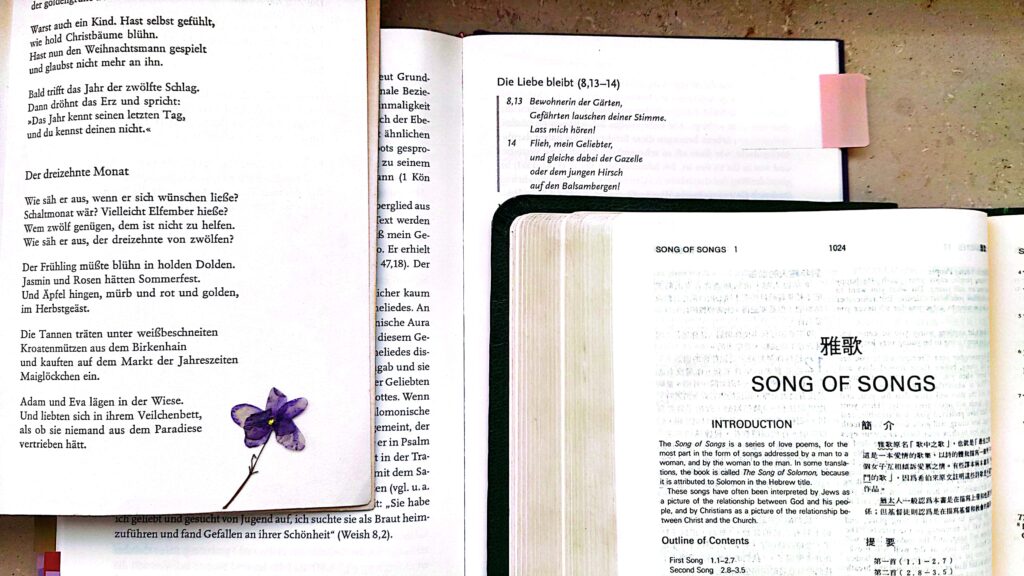
The poems collected here were written by a urbanite for urbanites. He tried to reflect. Because one can lose contemplation, but one must find it again.
Die hier gesammelten Gedichte schrieb ein Großstädter für Großstädter. Er versuchte sich zu besinnen. Denn man kann die Besinnung verlieren, aber man muss sie wiederfinden.
Preface – The 13 Months
Vorwort – Die dreizehn Monate
Erich Kästner
Erich Kästner’s poem collection “The 13 Months” contains 13 poems. Each poem is a month, from January to December and the 13th Month. The 13th Month is between December and January for those who believes in it, for the rest, there is simply no 13th Month. For he said “For those who think twelve months is enough, there’s no use trying to help them” – from “The 13th Month”.
We can imagine the month from January to December, of course, Kästner did a wonderful job to set them into poems. Anyway, not many of us know about how the 13th Month looks like. In the poem “The 13th Month” , we can see the springtime’s flowers, the summer’s roses, the apples in autumn and fir trees covered by white snow altogether. Besides, Adam and Eva are enjoying their happiness there, “as if no one had chased them out of paradise”.
This scenario resemble a verse in Song of Songs: “Let us get up early to the vineyards; let us see if the vine flourish, whether the tender grape appear, and the pomegranates bud forth: there will I give thee my loves.” (Song of Songs 7:12 ) It might be spring or summer when the vine is flourishing and tender grape is belong to autumn. We have several seasons happening at the same time and a couple with determination to give loves to each other.
The preface written by Kästner for this poem collection gives me some clues to understand the poem “The 13th Month”. I think it is about the restoration of paradise, this is also the common ground I found in Song of Songs. This finding is solely my interpretation and it does not represent Kästner’s intention.




How’s paradise looks like? How we lost it?
According to the Bible – Paradise is a beautiful garden called Eden. It was Adam and Eve’s first home until the couple fall into the temptation of not trusting God by eating the fruit from the tree of the knowledge of good and evil. I refuse to use the term “Forbidden Fruit” so that I do not focus at the wrong target. It annoys me too when “apple” is the symbol of “Forbidden Fruit” for it is a cultural creation not biblical. In Song of Songs, apple tree is far from being a “forbidden fruit” tree, indeed, quite opposite.
“As the apple tree among the trees of the wood, so is my beloved among the sons. I sat down under his shadow with great delight, And his fruit was sweet to my taste. ”– Song of Songs 2:3
Ultimately, it was not about the fruit, it was the trust that has been broken. Eating the fruit was merely the reaction of the deceitful heart. It is more important to guard my heart than to focus on the fruit. Distrusting God had led to the distrust between Adam and Eve. As the natural consequences or the curses, Adam and Eve have to moved out from Eden; And wife desire shall be to husband, and he shall rule over woman.
In the preface of “The 13 Months”, Kästner was dissatisfied with the city life. He wrote:
“It was because of the big cities. They had chased bush and tree and meadow away.”
“The balcony is an attempt to have some sky above one’s head. … But what do you have above your head? A balcony.”
People are rushing all the time, far from nature (Naturlose, der denaturierte Wilde). We are lost, totally lost. The 2nd expulsion of paradise is happening because we chased the nature out.
How could the restoration of paradise be imagined?
The path that leads back to paradise, is the path of love. This path overcomes death.
Der Weg, der zurück ins Paradies führt, ist der Weg der Liebe. Dieser Weg überwindet den Tod.
Aus “Das Hohelied der Liebe” Ludger Schwienhorst-Schönberger
The curse “wife desire shall be to husband, and he shall rule over woman” is settled in Song of Songs 7:10 “I am my beloved’s, and his desire is toward me.” Now, conversely, the desire of the man is for the woman. No one try be above on anyone, but the two lovers are desiring for each other. It is a mutually reciprocal love.
In Love, the curse on the fallen creation is Lifted.
In der liebe wird der Fluch über die gefallene Schöpfung aufgehoben.
Ludger Schwienhorst-Schönberger
Or in Kästner’s words, Adam and Eve would lie in the meadow and enjoying their love for each other upon the bed of violets, as if no one had cast them out of paradise. (Excerpt from The 13th Month)
Adam und Eva lägen in der Wiese
und liebten sich in ihrem Veilchenbett,
als ob sie niemand aus dem Paradiese
vertrieben hätt.
Ausschnitt aus Der dreizehnte Monat
Erich Kästner
They are back to their home in paradise, the Eden, the all-season-garden. Their conversation could be like this:
A garden (paradise) inclosed is my sister, my spouse; a spring shut up, a fountain sealed. – Adam
Let my beloved come into his garden, and eat his pleasant fruits. – Eve
Adaptation from Song of Songs 4:12
Does the 13th Month exist?
Erich Kästner’s conclusion seems to be NO. The 13 Months ends with this sentence “And December is followed by January.”, thus, no room for the 13th at all. But as I read this poem carefully, I guess he means the 13th Month does exist but only for certain people, for people who has imagination. He drew the 13th months with words and exclaimed “there is space for the time – 13th Month!” (Die Zeit hat Raum!).
So it depends on us if the 13th Month exist or not. Are we trading true love for apparent career success? Worshipping busyness than investing in relationship? Do we pursue economic growth on cost of our beloved mother nature? Do we have imagination?
Erich Kästner, however, he can imagine the 13th Month. To him, the 13th month is the reflection of paradise when Adam and Eve love each other, enjoying themselves in the all-season-garden. And the answer is certainly a yes, because the 13th Month does exist in his poem collection.
The second expulsion from paradise has taken place.
And Adam and Eve did not notice it this time.
Die zweite Austreibung aus dem Paradies hat stattgefunden.
Und Adam und Eva haben es diesmal nicht bemerkt.
Preface
Vorwort
Die dreizehn Monate – Erich Kästner

Note:
- The “Song of Songs” interpretation book that I refer to is written by Ludger Schwienhorst-Schönberger. This book is one of the latest interpretations of “Song of Songs”. He argues “The Song of Songs” cannot be thoroughly understood outside the whole context of Bible. Song of Songs is absolutely about love, but it is not simply several love poems randomly put together, but a poetic work with the highest quality in world literature.
Das Hohelied der Liebe: Ludger Schwienhorst-Schönberger Verlag Herder, Freiburg i. Br. 2015. - If you like my post, you can consider to buy me a cup of coffee! It will be greatly appreciated.
https://ko-fi.com/thejourneywriter - More reading?
https://www.npr.org/sections/thesalt/2017/04/30/526069512/paradise-lost-how-the-apple-became-the-forbidden-fruit